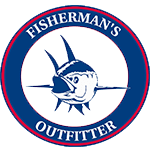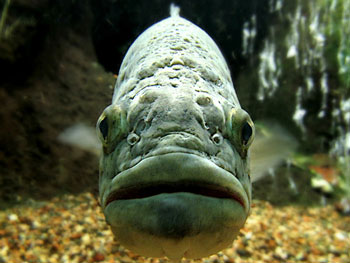Fettuccine with Fresh Tuna Sauce
October 15, 201110 Responsible Angling Tips for the Real World Angler
October 24, 2011In commercial fishing, the need to balance the expense of business ownership can mean that gear is designed to capture as much fish as possible in the least amount of time. Much of the commercial fishing gear out there today is designed to catch any fish that gets in the way. In other words, bycatch. What’s bycatch? Undesirable fish that’s swept up in nets or captured on hooks, and tossed aside to live or to die. Bycatch can have a hugely negative impact on ecosystems and results in a lot of waste.
Avoiding bycatch isn’t always easy, both on a large commercial scale or even for small scale operations. But there’s one simple way to avoid bycatch that’s not only ecologically sound, but also pretty awesome. We’re talking about harpoon fishing. Harpoons were probably used for fishing long before hooks and rods made the scene. While harpoons are mainly associated with whaling, the fact is that this tool has ancient origins and was likely one of the first types of tackle.
Harpoon fishing today has certainly evolved, however. Instead of antler tips on wooden shafts, there are metal harpoons hooked up to electrified lines that can instantly kill a harpooned fish. Though the harpoon has somewhat of a negative image in many people’s minds because of its association with the whaling trade, the fact is that modern harpoon rigs can actually be more humane than other forms of fishing.
But the main appeal of harpoon fishing, as we see it, is the excitement of the catch. Standing out on the long gangway off the bow or sighting giant tuna and swordfish from the height of the crow’s nest… running out onto the bowsprit with harpoon in hand… driving that harpoon home. It’s a method of fishing that pits man against fish. Harpoon fishing is certainly a matter of skill more so than patience; it requires a keen eye, a strong arm, and an understanding of animal behavior that is akin to that required by the hunters of prehistory.
As for harpoon use in commercial fishing, you may be asking yourself how the men and women who specialize in harpoon fishing can possibly make a living. Here’s how: Many people regard quick-killed harpoon caught fish as a higher quality product and a more humane product, so the fish brought in via the harpoon tend to fetch a higher price than fish who lived out their final moments floundering in a net or struggling against a hook.

